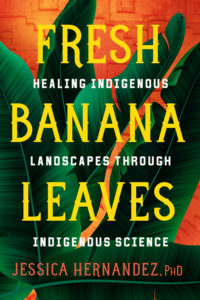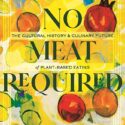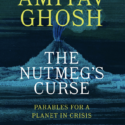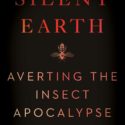A powerful wake-up call for environmentalists and all those who are concerned about the future of our planet.
Too often, the environmental discourse has failed to include and uplift the very communities on the frontlines of environmental justice movements. Despite the undeniable fact that Indigenous communities are among the most affected by climate devastation, Indigenous science is nowhere to be found in mainstream environmental policy. And while holistic land, water, and forest management practices born from millennia of Indigenous knowledge systems have much to teach all of us, Indigenous science has long been ignored, otherized, or perceived as “soft”—the product of a systematic, centuries-long campaign of racism, colonialism, extractive capitalism, and delegitimization.
Too often, the environmental discourse has failed to include and uplift the very communities on the frontlines of environmental justice movements. Despite the undeniable fact that Indigenous communities are among the most affected by climate devastation, Indigenous science is nowhere to be found in mainstream environmental policy. And while holistic land, water, and forest management practices born from millennia of Indigenous knowledge systems have much to teach all of us, Indigenous science has long been ignored, otherized, or perceived as “soft”—the product of a systematic, centuries-long campaign of racism, colonialism, extractive capitalism, and delegitimization.
Here, Jessica Hernandez—Maya Ch’orti’ and Zapotec environmental scientist and founder of environmental agency Piña Soul—introduces and contextualizes Indigenous environmental knowledge and proposes a vision of land stewardship that heals rather than displaces, that generates rather than destroys. She breaks down the failures of Western-defined conservatism and shares alternatives, citing the restoration work of urban Indigenous people in Seattle; her family’s fight against ecoterrorism in Latin America; and holistic land management approaches of Indigenous groups across the continent.
Through case studies, historical overviews, and stories that center the voices and lived experiences of Indigenous Latin American women and land protectors, Hernandez makes the case that if we’re to recover the health of our planet—for everyone—we need to stop the eco-colonialism ravaging Indigenous lands and restore our relationship with Earth to one of harmony and respect.

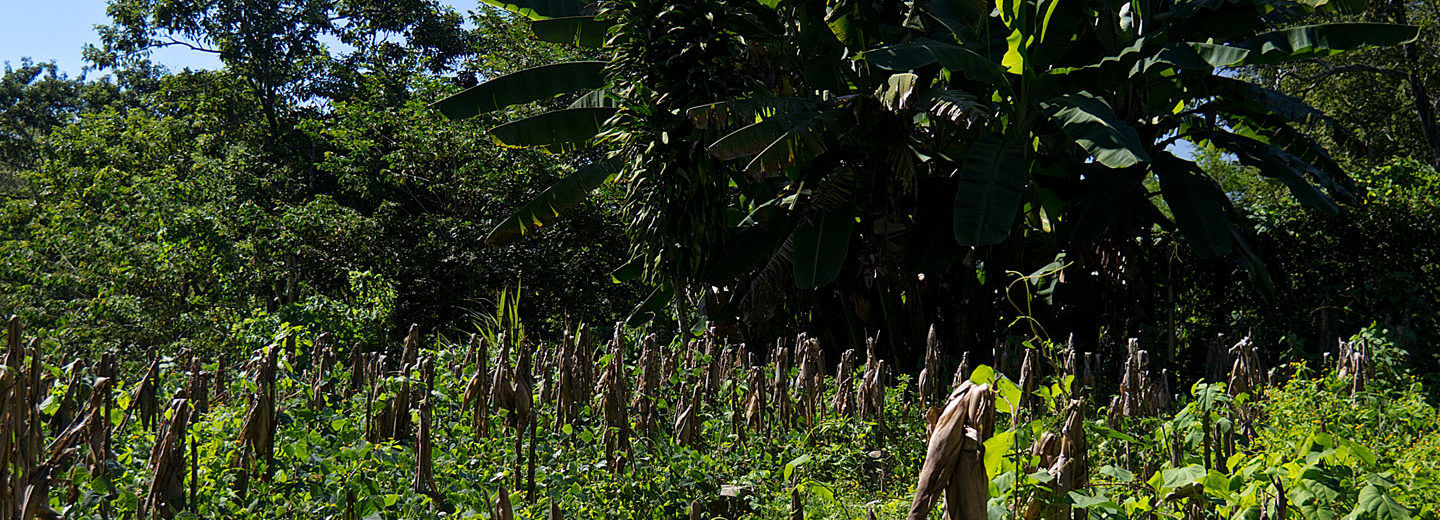
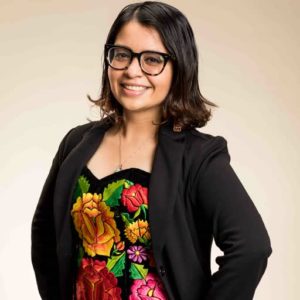 Dr. Jessica Hernandez (Binnizá & Maya Ch’orti’) is a transnational Indigenous scholar, scientist, and community advocate based in the Pacific Northwest. She has an interdisciplinary academic background ranging from marine sciences to environmental physics. Her work is grounded in her Indigenous cultures and ways of knowing. She advocates for climate, energy, and environmental justice through her scientific and community work and strongly believes that Indigenous sciences can heal our Indigenous lands. She primarily focuses on Indigenous-led & community-based environmental and climate research projects. These projects center Indigenous knowledges and science in natural resource management and
Dr. Jessica Hernandez (Binnizá & Maya Ch’orti’) is a transnational Indigenous scholar, scientist, and community advocate based in the Pacific Northwest. She has an interdisciplinary academic background ranging from marine sciences to environmental physics. Her work is grounded in her Indigenous cultures and ways of knowing. She advocates for climate, energy, and environmental justice through her scientific and community work and strongly believes that Indigenous sciences can heal our Indigenous lands. She primarily focuses on Indigenous-led & community-based environmental and climate research projects. These projects center Indigenous knowledges and science in natural resource management and 